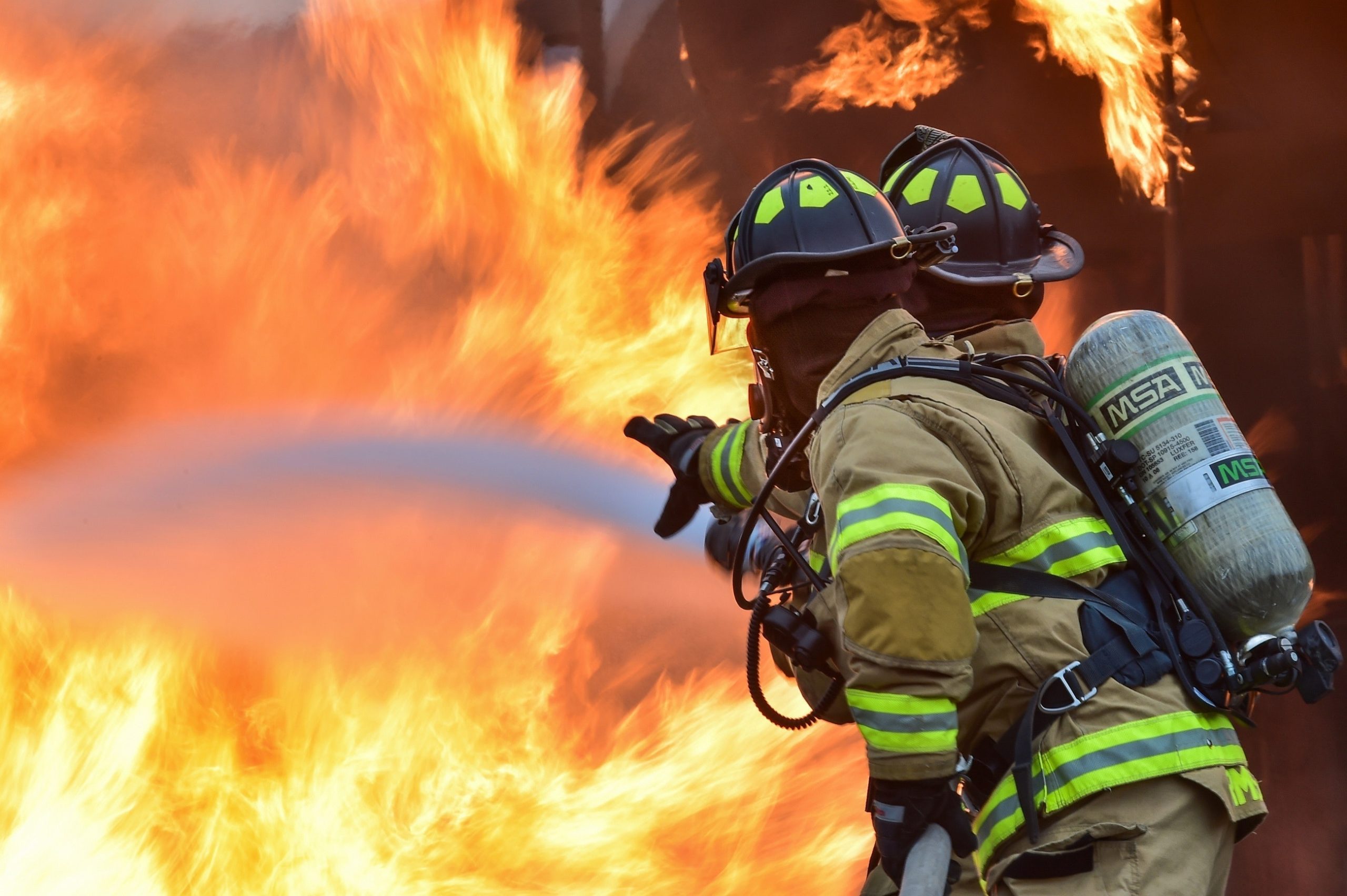DWELLING FIRE
Dwelling fire insurance provides coverage for homes that you own but don’t live in for most of the year. This may include vacation homes, cottages, cabins, or investment homes like rentals.
DWELLING FIRE
Dwelling fire insurance is a policy that provides coverage for homes other than your primary residence. Like homeowner’s insurance, your dwelling coverage policy will cover the costs of repairs or rebuilding when fire damage occurs. Dwelling coverage also protects attached structures like decks, porches, and attached garages. However, dwelling insurance doesn’t provide liability coverage or protection for possessions inside the home.

When to use it
As a homeowner, there are several situations when you may need to purchase dwelling fire insurance. Since fire claims are some of the most expensive damage claims that occur, it pays to have a policy that will prepare you for the potential risks. If your property falls under these conditions, a fire dwelling policy might be necessary to provide you with the coverage you need.
-
- Owner Occupied: There are some situations that may make your primary residence exempt from a typical homeowner’s policy. If you have bad credit, a history of past claims, or property that is in a state of disrepair, it may be difficult to get homeowner’s insurance. Purchasing a fire dwelling policy will allow you to have coverage for your home in the event of a fire.
- Secondary Residences: If you own a vacation home or a cottage that you only visit a few weeks or months out of the year, you still need protection against the risks of fire damage. Fire dwelling coverage provided coverage for secondary homes, and you may be able to include add-ons that provide protection for your property inside the home.
- Investment Properties: Protection for rental homes is one of the most common uses for fire dwelling insurance. House fires often occur due to careless behavior, and you have little control over what happens in a home where you don’t reside. Besides covering the cost to rebuild after fire damage, fire dwelling insurance provides relocation funds for tenants and provides you with loss of rental income coverage.
- Vacant Homes: A home that’s up for sale or undergoing repairs can also benefit from a fire dwelling policy. Unoccupied homes can fall victim to electrical shorts, vandalism, and lightning strikes that could result in a fire.

A typical dwelling fire insurance policy is designed to protect the building itself and attached structures like a garage.
Coverage of the building’s contents or other liability coverage may be available but must be specifically requested. As a “named peril” policy, dwelling fire insurance only covers those hazards specifically written into the policy, such as fire, hail, wind, or other damages. Dwelling fire insurance may also be purchased for other structures on a property, such as detached garages, sheds, and barns.
In the event of a fire, dwelling fire insurance may provide other benefits to ease the recovery. A dwelling fire policy may cover clean-up and debris removal after a fire. Also, if a fire renders a rental property uninhabitable, some dwelling fire policies can cover up to twelve months of lost rental income.
Sandwich Office
PO Box 719
Sandwich, MA 02563
Phone Number (508) 888-0207
Fax Number (508) 888-0550
Plymouth Office
28 Samoset St
Plymouth, MA 02360
Phone Number (508) 746-1965
Fax Number (508) 746-1668
Falmouth Office
79 Davis Straits
Falmouth, MA 02540
Phone Number (508) 540-6161
Fax Number (508) 457-7660








